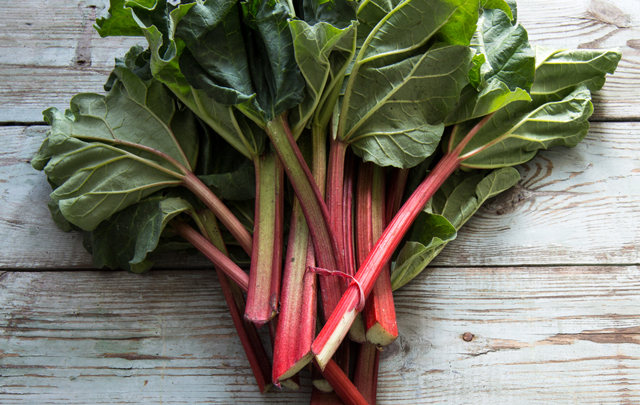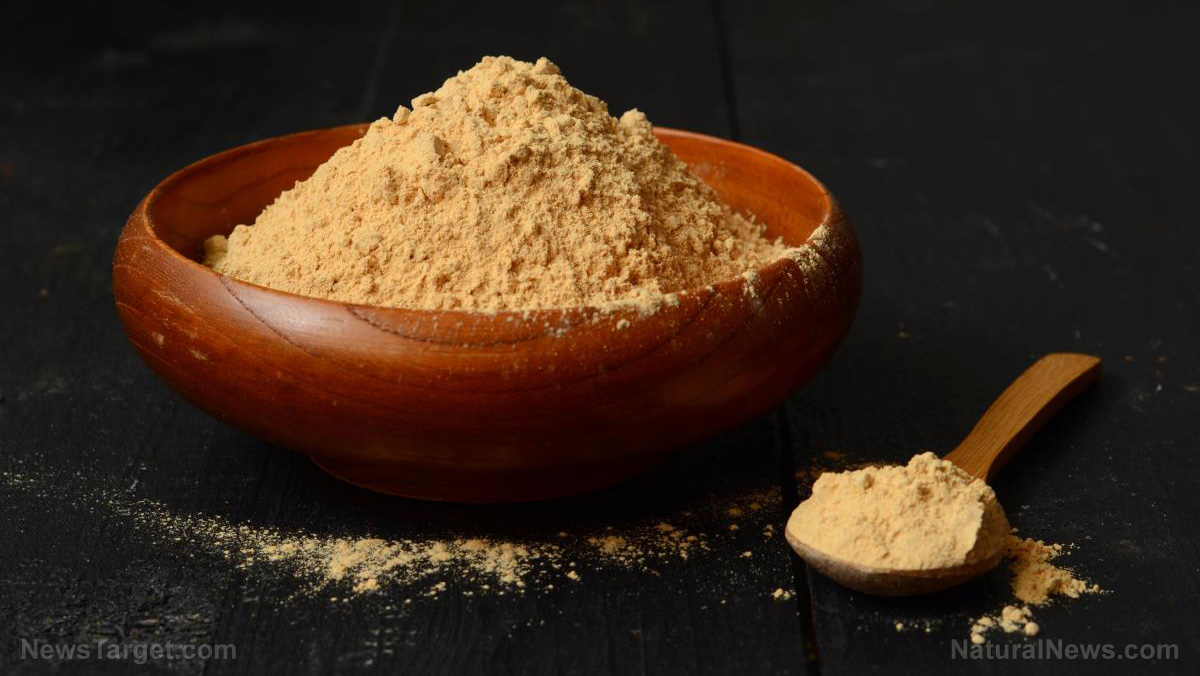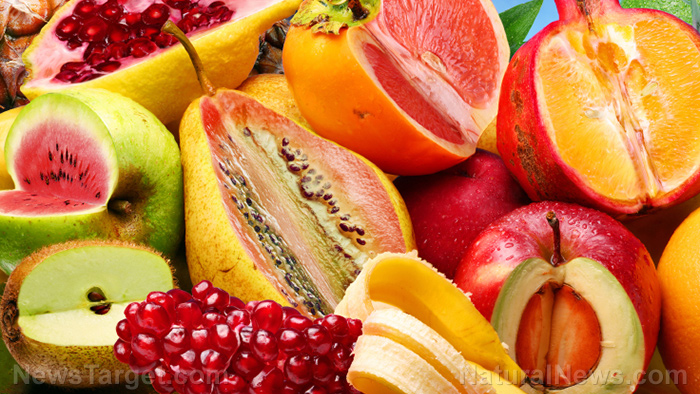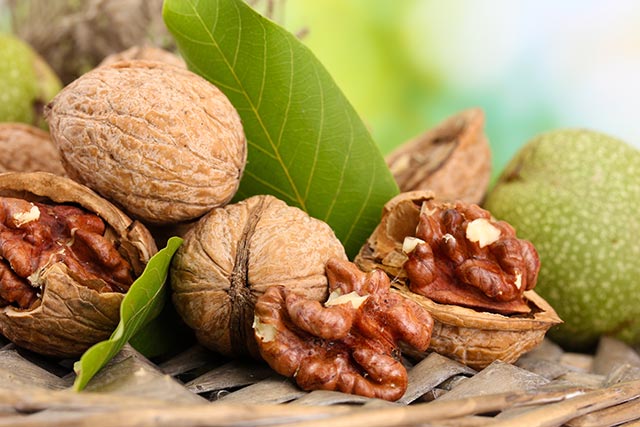Keep your heart healthy by eating more arugula, spinach, and beets
06/12/2018 / By Edsel Cook

Vegetables like arugula, beets, and spinach are packed with nitrates, and consuming these leafy greens can help bring down blood pressure and boost the efficiency of the endothelial cells that line the inside of the heart and blood vessels. In an article in the American Journal of Clinical Nutrition, an Australian study shows that nitrate-rich vegetables can even reduce the mortality risk from atherosclerosis-related diseases.
The long-term study was led by researchers from the University of Western Australia (UWA). They were interested in the link between the nitrates we get from consuming vegetables and deaths related to atherosclerotic vascular disease (ASVD).
The experiment began in 1998 when they recruited 1,226 Australian women to participate in their research. The participants ranged from 70-85 years old and did not have either ASVD and/or diabetes. They would be monitored for 15 years.
The researchers took the demographic and ASVD risk factors during 1998 as a baseline for their study. They employed a validated food-frequency questionnaire that determined the types and amount of food consumed by the participants.
In addition, they used a new and highly detailed database to estimate the nitrate intake of the participants based on their vegetable intake. (Related: The secret to good health is simply eating more vegetables.)
Study shows higher vegetable intake protects against mortality risks
Over the 15 years of the trial period, the UWA researchers kept track reports of deaths among the participants which stemmed from an atherosclerotic vascular disease. The Western Australian Data Linkage provided linked data that confirmed whether or not the participant died due to ASVD-related causes.
They then analyzed any link between nitrate intake and mortality risks from ASVD. They did this twice, and during the second analysis, they factored in the participants’ lifestyles and any risk factors for cardiovascular disease that increased the chances of ASVD-related deaths.
In the follow-up period – which totaled 15,947 person-years – they reported that 238 participants died due to ASVD or related causes. That translated to 19.4 percent of the group.
The vegetable nitrate intake of participants ranged from a low of 47.8 milligrams per day to a high of 96.2 mg/day. Each SD higher intake was connected with a reduced risk of ASVD mortality for both pre-adjusted and multi-variable adjusted analyses.
The protective benefit of increased vegetable nitrate consumption was not just limited to atherosclerotic diseases. It also reduced the risk of dying from other causes.
Based on the findings, the researchers broached that nitrate-rich vegetables improved the performance of the cardiovascular system. These foods could protect older people from atherosclerotic vascular diseases and other ailments.
Protect your heart by eating plenty of green leafy vegetables
Nitrate serves as an important nutrient for plants, which absorbs them from the ground and stores them for future use. Most of our nitrate intake comes from consuming vegetables, but artificial nitrates are also used to preserve processed food.
Green leafy vegetables contain plenty of nitrates. Arugula is one of the best natural sources of the nutrient, followed by beets and spinach. These three vegetables also offer other nutritional and health benefits, especially when it comes to your heart.
Arugula enhances the immune system that defends against disorders such as certain heart problems. Beets reduce the risk of atherosclerosis, strokes, and other cardiovascular diseases; they also relax and dilate blood vessels, which improves the flow of blood. Last but not least, spinach is a superfood that can regulate blood pressure and helps manage hypertension.
Find out how vegetables that are rich in nitrate and other nutrients can support your health at Nutrients.com.
Sources include:
Tagged Under: Arugula, atherosclerosis, atherosclerotic vascular diseases, beets, cardiovascular disease, clean foods, Diets, disease risk, food, food cures, functional food, Green leafy vegetables, healing food, heart health, Leafy greens, nutrition, organics, salad greens, spinach, vegetable nitrate



















